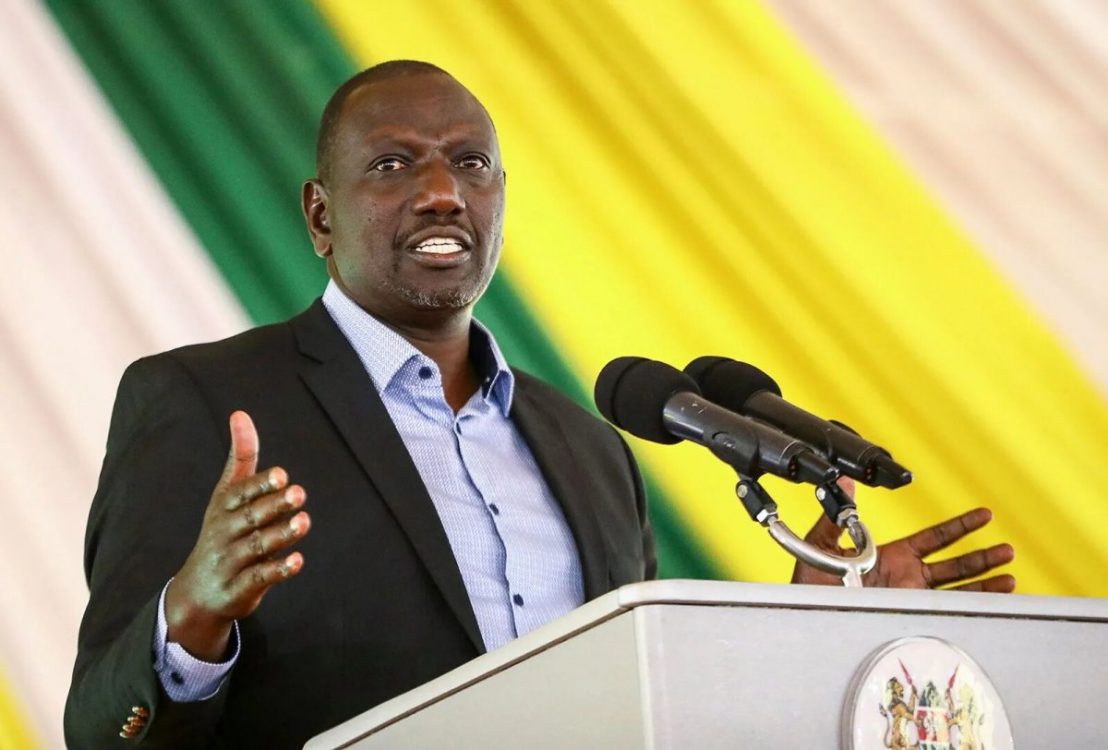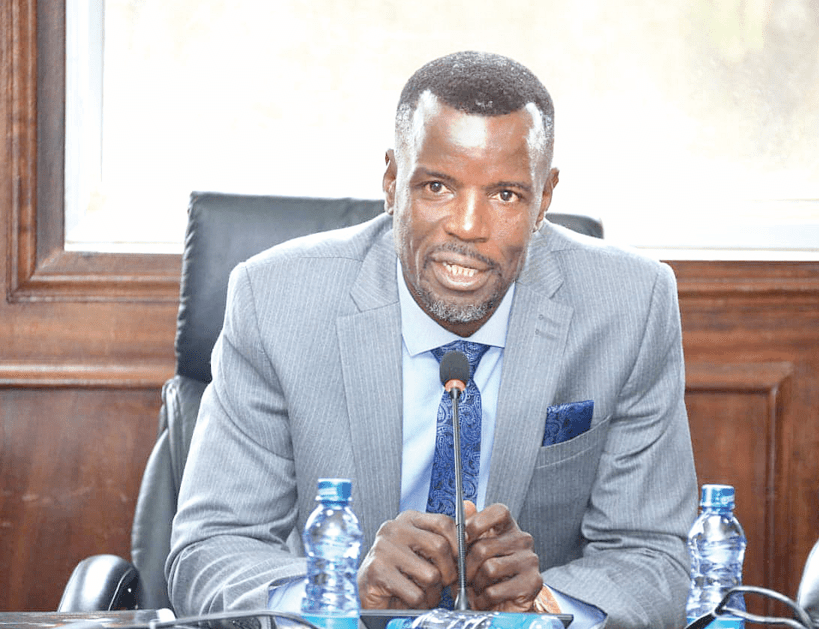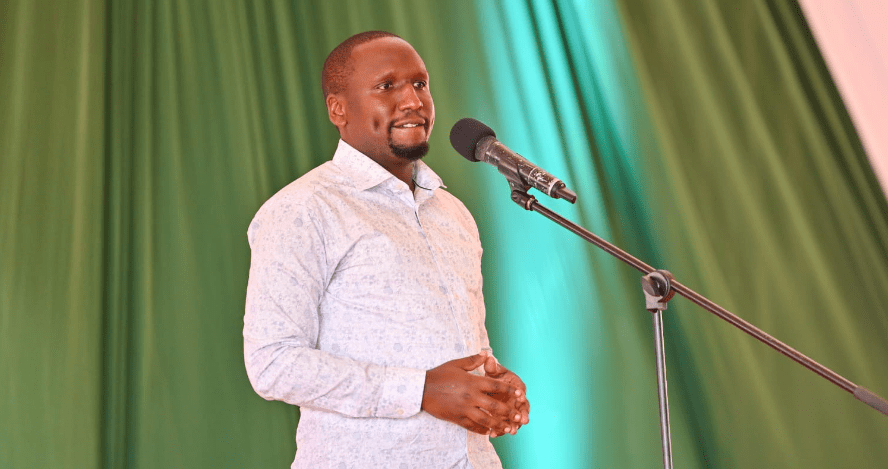Is the country staring at new dictatorship?

The difference in the presidential election results last August 9 between now President William Ruto and Opposition leader Raila Odinga was a mere 20,000 votes, representing less than one per cent of the total ballots cast.
What is more, over eight million voters did not take part in that exercise, a number that is higher than what either Ruto or Raila got.
I am not sure whether the eight million Kenyans would vote or if both Ruto and Raila would retain the same number of votes were elections to be held again today. Fortunately, for them the next election still has more than four years to come and, therefore, it would be hypothetical right now to subtract or add any numbers to what candidates obtained in the last election.
What is not hypothetical, though, is the fact that Kenyans who do not trust both Ruto and Raila are more than those who voted for each of them. That, in itself, poses the question of legitimacy of both the winner and loser in the presidential race.
What is also not preposterous is the fact that Kenya is unable to move forward since polling day because both Ruto and Raila have mishandled their post-election engagements.
While Ruto and those in his regime haveconsistently adopted arrogance, swagger, disdain, chest-thumping, lamentations and blame-shifting as their modus operandi, Raila and his troops have not faired any better as they opted to remain a bitter, and mournful lot driven by confrontation and lamentations. Both have refused to embrace Kenya and instead resorted to short-term tactics that serve their immediate concerns. However, what is more worrying is the emergence of what appears to be a ruthless dictatorship from Ruto’s Kenya Kwanza administration. Both the verbal and body language of Kenya Kwanza functionaries led by the President himself and his deputy are spine-chilling.
Astonishingly, the dismissive language of “mpende, msipende” which was a preserve of regional Kanu hawks and aged side-kicks of late President Daniel arap Moi like Sharrif Nassir, Kariuki Chotara, Mulu Mutisya, Ezekiel Barngetuny, Kuria Kanyingi, Wilson Leitich and Dickson Kihika Kimani is now being spewed by a young and educated leadership in the 21st Century. In only eight months, the Kenya Kwanza regime has not pretended to hide its allergy for debate, reason and diversity of opinion. Intolerance reigns.
The near-violent remarks by both the President, his deputy and some of their hawkish senior ministers while defending the Finance Bill have left more than can be desired.
Force, power and tyranny are traits of dictatroship. They work only for a short time. Not forever. Because of the auctioned tyranny of numbers in Parliament, Ruto wants to force through the Finance Bill without consensus or lending an ear to other voices. Of course, the Finance Bill will go through in Parliament. But the harder assignment will be how to implement it. There still will be life after the Budget. That will be the most difficult time for Ruto. Kenyans will still be there. They will not allow Ruto to rule them by fiat for all the five years.
That is the mistake the President has made in his first eight months. After being declared President, Ruto had the golden chance to unite what was obviously a divided nation. He did not. He elected the opposite. In only eight months, Ruto’s administration has divided the country into more regional compartments and ethnic smetheerins than it was when he took over.
Splitting a country through the binoculars of tribal and political shareholding has not added value to Ruto’s perch at State House. Neither has hubris and double-speak.
People who have worked with the President say that he only listens to himself: That he is a one-man resolute think-tank. It does not, therefore, surprise that we are staring at a possible dictatorship.
— The writer is the Revise Editor with the People Daily newspaper. E-mail: kwayeram@yahoo.co.uk












